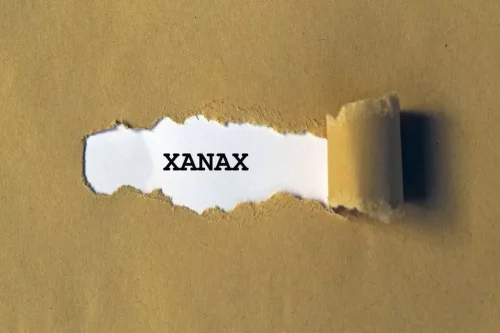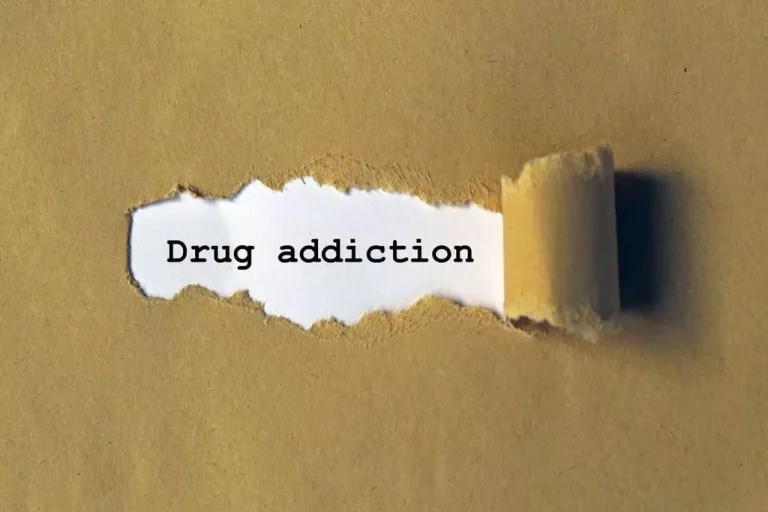
Defining and adhering to clear boundaries around their drinking behavior protects their mental and emotional health and helps the alcoholic confront the consequences of their actions. As you approach an alcoholic in denial, remember that encouraging the person to seek help is only the beginning of a long journey toward recovery. Your continued support and understanding will play a crucial role in their ability to overcome alcoholism and denial denial, confront their addiction, and ultimately, heal.
Addiction Treatment Near You
Imagine you have an orange-tinted pair of glasses on- everything will look orange, right? Similarly, due to these neurological factors, people with alcoholism may not perceive or understand how deeply their drinking problem affects them and those around them. Unlike substances like heroin or methamphetamines that are widely stigmatized, it’s easier for individuals with an alcohol use disorder to rationalize their behavior due to its social acceptability. Often, when confronted about their drinking habits, individuals in denial may brush off the concerns or downplay them as insignificant.

Should I Quit Drinking Alcohol Cold Turkey?

The facility uses evidence-based treatments to help people on their journey to recovery. When you’re worried about being judged or confronted about Halfway house something, honesty can take a back seat. It may be easier for the person with alcohol use disorder to hide the truth than to be honest about their drinking habits. Some people with alcohol use disorder hide or deny they have difficulty with alcohol use. There are many reasons why someone would do this, like fear of societal rejection or being “blamed” for their condition. You can’t force someone to quit drinking, but you can start a supportive conversation.
- Discuss the negative consequences of their drinking habits and emphasize the benefits of seeking help.
- If you know someone in denial about their alcohol disorder, here are some tips on how to talk to them.
- Denial is a defense mechanism for people suffering from addiction, and it is one factor that can keep them from seeking life-saving treatment.
- Starting treatment needs to be a choice, and the person with AUD needs to be ready to make it.
- Alcohol use disorder damages the brain, resulting in worsening denial and compromising insight regarding the illness.
- Remember, we understand the challenges you or a loved one might face, and seeking professional help is crucial in overcoming denial and working toward recovery.
How to Help a High-Functioning Person with Alcohol Use Disorder
- Denial is defined by Merriam-Webster as “a refusal to admit the truth or reality of something.” In psychology, it’s a defense mechanism to avoid confronting a personal problem.
- Alcohol use vs. abuse is not a black or white issue—there are shades of gray.
- So, when supporting your loved one, it can be beneficial to lead with love, compassion, and understanding.
When a person starts abusing alcohol, they may feel they have a good reason. Stress, obligations, trauma, abuse, or any other number of negative circumstances can seem like an acceptable reason to pick up a bottle or have a drink. Even if you are aware that your drinking has become a problem, it’s common to worry about what others might think.
- They might downplay the frequency and amount of alcohol they consume or make excuses for their behavior when confronted by loved ones.
- This means that individuals with alcohol use disorder might struggle to fully comprehend and confront the seriousness of their addiction.
- By identifying these symptoms, you can better understand the challenges that you or a loved one might face when dealing with alcoholic denial.
- The short-term effects of alcohol abuse can make people prone to violent behavior, injuries and accidents.
How to support your loved one in getting help and getting healthy

Individuals blame outside influences instead of recognizing personal accountability for their actions and choices. In such a manner, they can avoid confronting the reality that =https://ecosoberhouse.com/ they have a drinking problem. The first step to treating alcoholism is to complete a detox programme. This is an effective way to treat the physical side of addiction, as it will flush all traces of alcohol from your system. You should also ensure that you are aware and educated about their professional options, such as rehab clinics and treatment programmes. Knowing what else to look for can help you to break through the barrier of denial and convince your loved one that they have an alcohol addiction.

